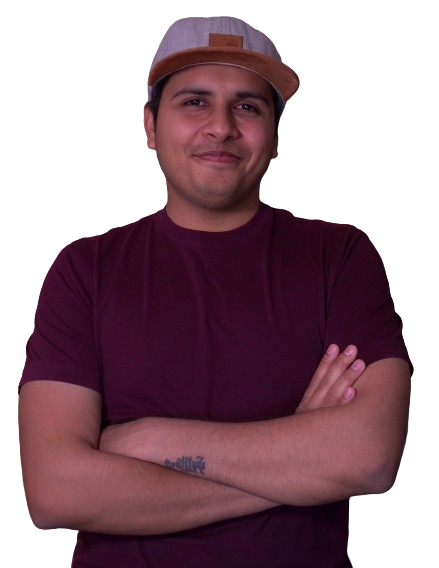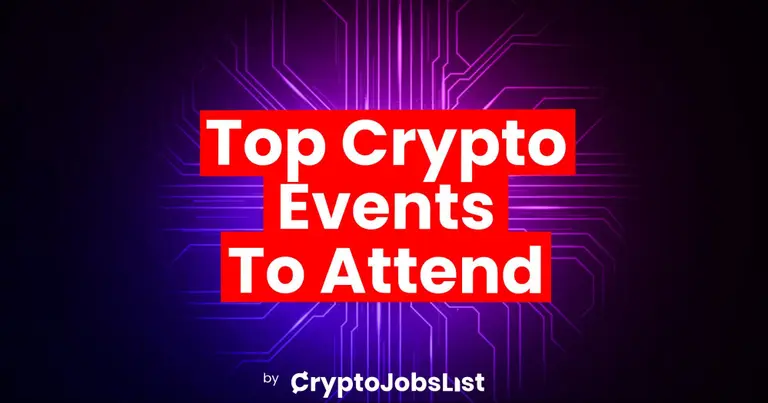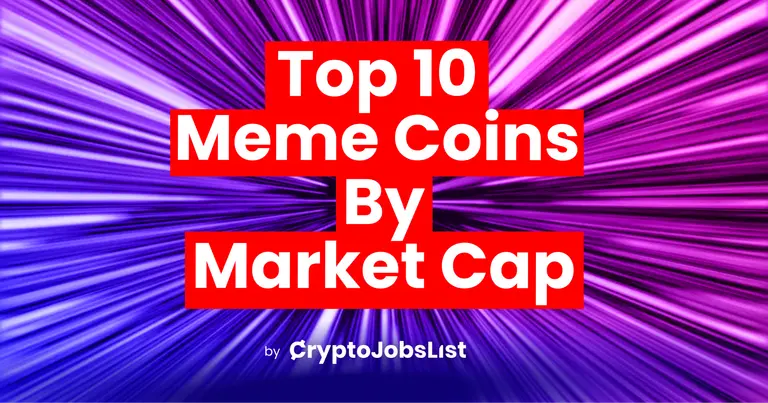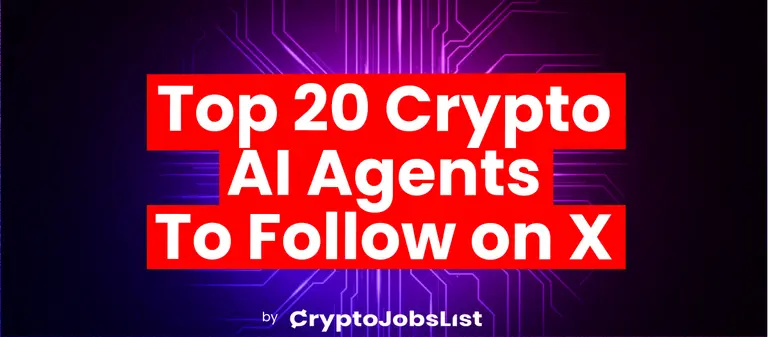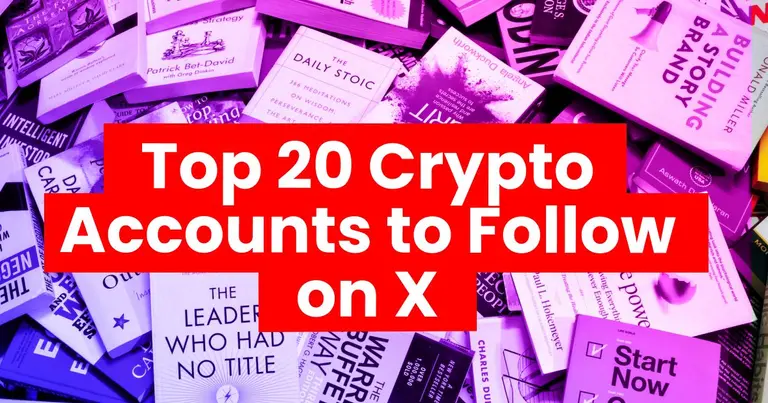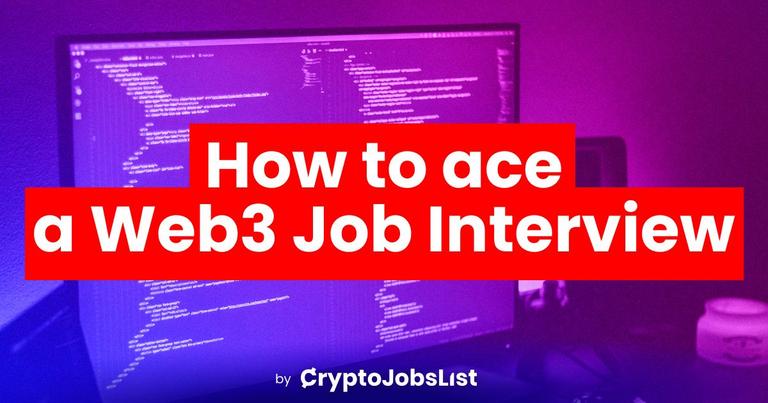The rapid growth of the Web3 ecosystem has generated an unprecedented demand for skilled professionals who understand blockchain & can navigate the space in technical as well as non technical roles.
Crypto is all about extremely fast paced innovation at scale and that demands more than the usual from hiring managers, employers and C-level executives who are hiring for web3 talent.
In this article, we will delve deeper into essential tips for identifying the right candidates for Web3 roles.
We will also explore how you can leverage the web3 talent pool of more than 21,695 web3 professionals at Crypto Jobs List to make your candidate search process smoother and more rewarding.
If you’d like to learn more then we have also shared a list of blockchain interview questions and answers that you can potentially use to screen candidates.
1. Understanding the Web3 Landscape
First things first, to make informed hiring decisions, it is imperative to develop a comprehensive understanding of the Web3 landscape.
As someone who is looking to hire talent it is important to first yourself understand the foundations of the industry so you can separate the most capable candidates from the others.
Educate yourself about the underlying technology, blockchain protocols, consensus mechanisms, and the role of crypto.
Since Web3 is a relatively new industry and the demand for great professionals is high you will find many people who falsify their resumes to get into interviews. We have seen similar trends in other fast growing industries as well such as cybersecurity.
The knowledge of web3 will empower you to ask insightful questions during initial conversations & vetting process, interviews and identify candidates who possess a genuine understanding of blockchain and the job roles.
2. Practical Web3 & Crypto Experience
While theoretical knowledge is valuable, practical experience is paramount in the Web3 space.
Since many people have transitioned from web2 to web3, the ratio of people with theoretical knowledge vs practical knowledge is still skewed towards more theoretical knowledge.
Ideally you should look for candidates who have actively engaged with blockchain projects, contributed to open-source initiatives, or built something.
However it might be tough to find a lot of candidates who have real world hands-on experience with actual live projects. In that case it might make sense to look for candidates who have built their own projects, talk about blockchain regularly on social media, interact with others in the space etc.
For example, a great blockchain developer candidate who might not have a full time experience might have contributed to open source web3 projects, built side projects of their own to solve specific problems.
Candidates who have participated in hackathons, smart contract audits, or DeFi protocols demonstrate a proactive approach to learning and applying their skills in real-world scenarios are the ones to usually pay attention to.
Another example would be that a new marketing candidate might be regularly posting blogs on websites like Hackernoon, talking about web3 marketing and the industry in general even though they might have limited work experience in web3.
Additionally a powerful approach towards hiring is actually trying to recruit for the potential of the candidates rather than the exact roles that you see on the paper. Ideally you must look for people who are motivated to learn more and make a positive impact on whatever company they work for.
3. Assess Technical Competence
Web3 roles demand a diverse skill set. Even non technical web3 roles demand some understanding of the tech behind blockchain protocols which is a key difference compared to web2 roles.
When evaluating developer candidates, assess their technical proficiency in relevant programming languages like Solidity, JavaScript, Python, or Rust.
Understanding the principles of cryptographic algorithms, decentralized storage, and cross-chain communication is also crucial.
For non technical roles you can assess the understanding of the concept of blockchain, how Bitcoin works, how other popular protocols work, liquidity pools, DeFi etc.
For example, a web3 journalist requires a deep understanding of on-chain data, protocols etc. apart from the core writing skills.
This is helpful so that they know where and how to research, how to talk to sources to get the best information for their articles, understand and differentiate between fluff pieces and actual tech development etc.
4. Analyze Problem-Solving and Critical Thinking Abilities
Crypto is a fast paced field that is often changing and developing. This means teams are often presented with emergencies, challenges and pieces breaking from time to time.
Teams in web3 often face complex challenges, hence the need for strong problem-solving and critical thinking skills.
During initial interviews you can present candidates with hypothetical scenarios or real-world issues they might encounter in web3 to understand how they think through problems and situations.
Evaluate their approach to analyzing problems, devising solutions, and identifying potential risks.
Look for individuals who display a methodical and innovative approach to overcoming obstacles.
This will also help you to understand where this individual will be best placed when it comes to working with team members.
5. Leveraging the Talent Section on Crypto Jobs List
There are more than 21,695 registered web3 professionals on the talent portal at Crypto Jobs List. You can find role specific talent profiles and get in touch with them through a recruiter profile on the platform.
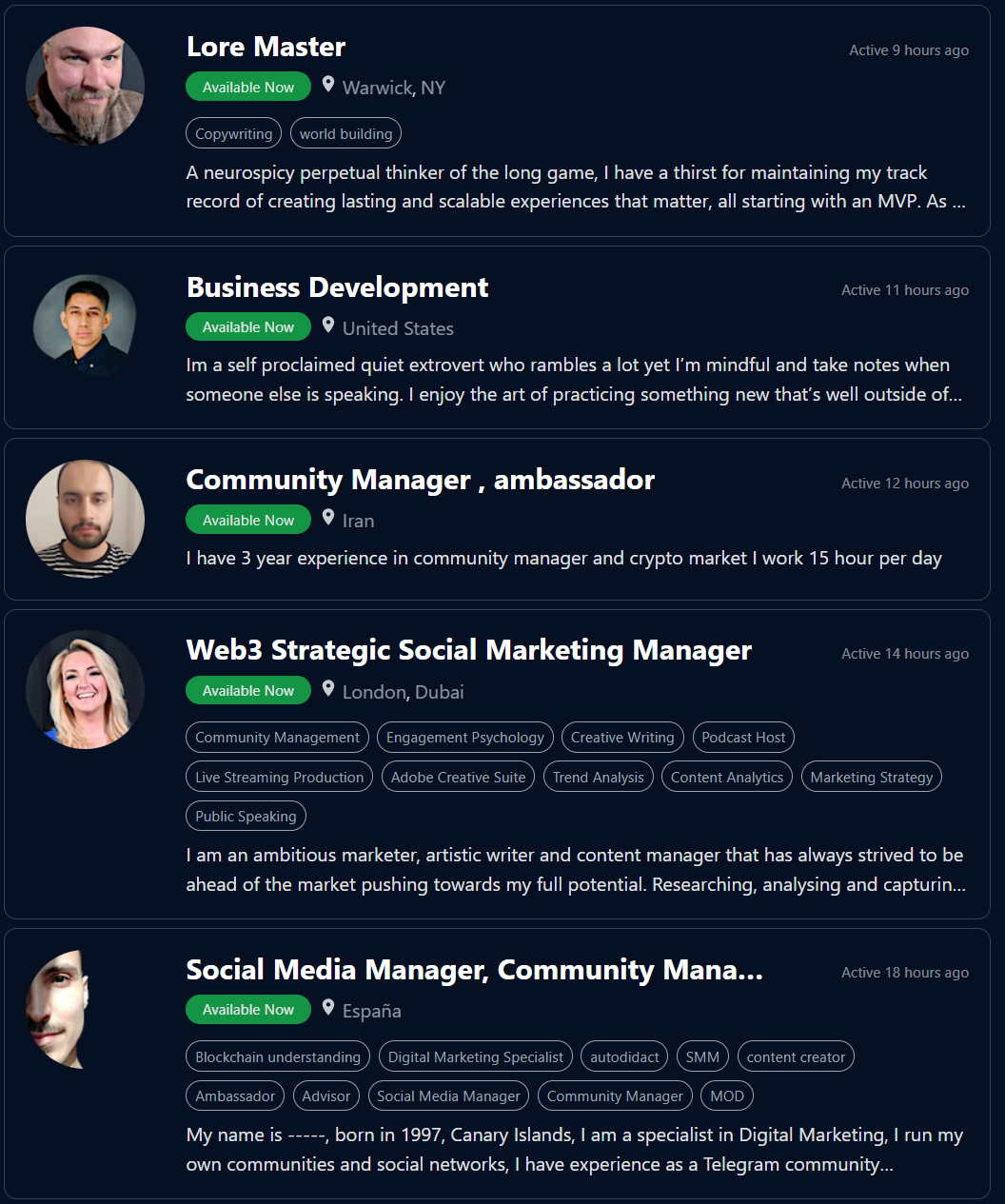
This is a great talent pool to help streamline your recruitment efforts and exposure to people who are interested in pursuing careers in web3.
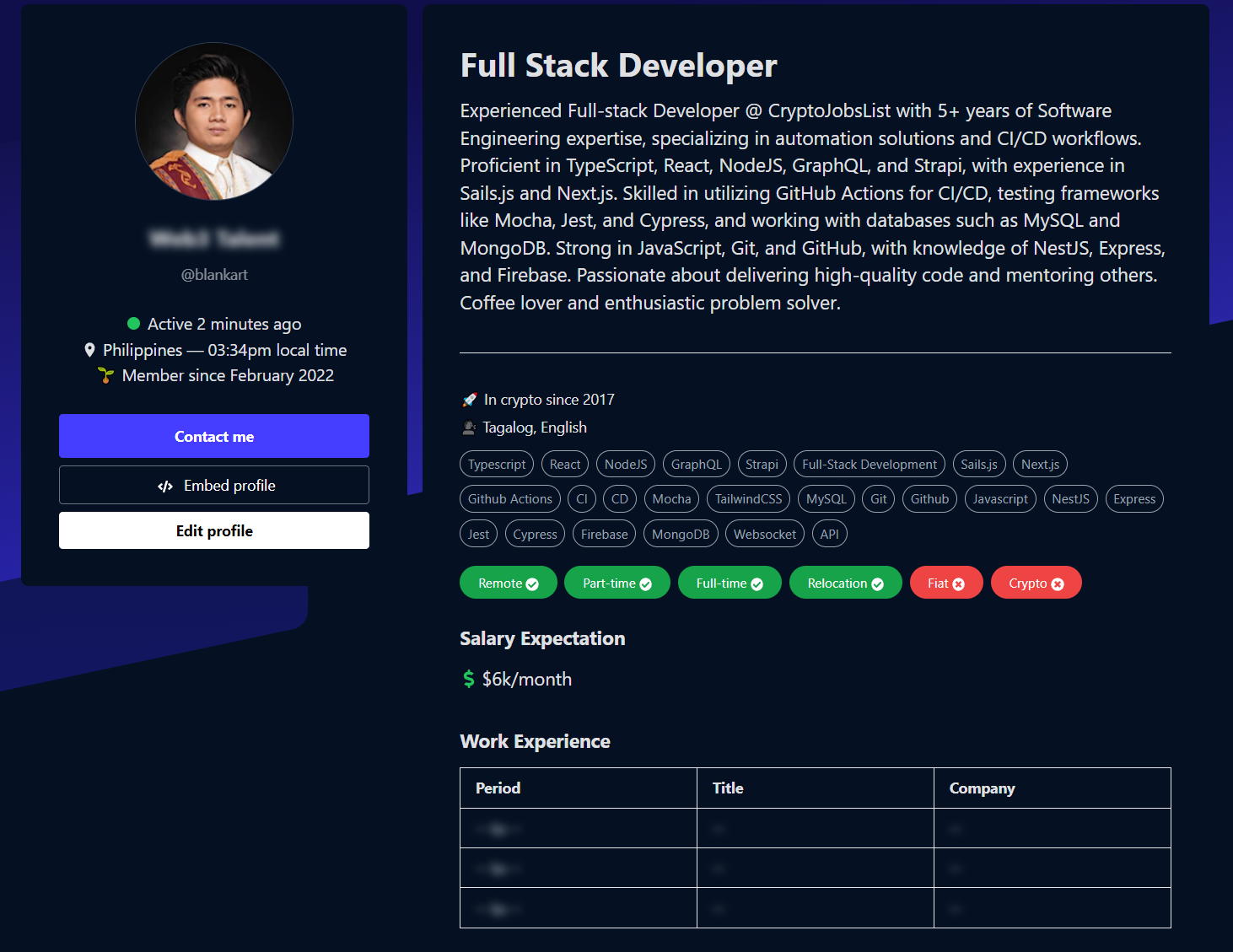
Most people create a basic LinkedIn profile and stop at that, but people who take the next step and create a well rounded profile on a web3 specific talent portal might present for more focused individuals.
6. Adaptability & Learning Agility
Since new things are getting built everyday, new tech being leveraged, processes modified, the industry requires people who have a growth mindset and are dedicated to consistent learning.
As someone who is recruiting people you must seek people who demonstrate the ability to adapt to changing circumstances while learning from them.
To achieve this you can inquire about their experience with attending industry events, conferences, or workshops, as well as their involvement in online communities or forums dedicated to Web3 topics.
Eagerness to learn and stay updated with the latest trends is indicative of the long-term potential of a candidate in this fast-paced industry.
7. Collaboration and Communication Skills
Successful Web3 projects involve cross-functional teams and collaboration with individuals from various professional backgrounds.
Because Web3 companies work with people of all ages and from different parts of the world, great communication skills become even more important for the success of a team.
Assess the individual’s ability to work collaboratively, communicate well, and contribute to the team as well as the goal that everyone is working towards.
Wrap up
Identifying top talent for Web3 roles requires a flexible and detailed approach that includes technical skills, problem-solving abilities, adaptability, and communication aptitude.
By deepening your own understanding of the landscape and seeking candidates with hands-on experience, you can ensure that your project or client stays ahead in this industry.
Additionally, leveraging the talent section on Crypto Jobs List offers a powerful and efficient way to connect with skilled professionals who are passionate about Web3.
By combining these essential tips with other strategic practices, you can build a high-performing team that is well-equipped to build and thrive in this ever-changing world of Web3.


